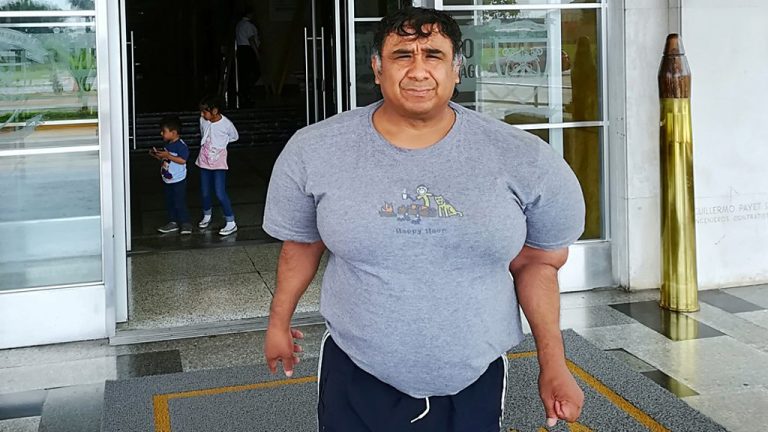Dutch researchers recently reported the longest-ever known case of SARS-CoV-2 infection, a whopping 613 days, in an immunocompromised man who eventually died due to an underlying condition.
The unnamed 72-year-old man had severe immunity deficiencies when he became infected with the Omicron variant of the coronavirus in 2022, after receiving multiple Covid shots. Since then, he was continuously positive for the coronavirus for a total of 613 days until his death in October of last year. Although extremely long cases of COVID-19 have been reported in the past, this is the longest one ever by quite a stretch. Over the course of the 20 months of infection, doctors tried everything to help the elderly man, but nothing worked. His body could not mount a strong enough immune response to fight the virus, even with the help of antibody medication, and he died last year due to a flare-up of an underlying medical condition.

Photo: Unsplash
Patients infected with SARS-CoV-2 usually clear the virus in a few days or weeks, but in this extreme case the infection persisted for almost two years. A report from researchers for the Centre for Experimental and Molecular Medicine (CEMM) at the Amsterdam University Medical Center (Amsterdam UMC) in the Netherlands, also mentions that the virus developed a resistance to sotrovimab, a COVID-19 antibody treatment, just 21 days after the patient started receiving it.
Over the course of the infection, doctors repeatedly took samples from the man to analyze the genetic material of the coronavirus and they found that the original Omicron BA1 variant had suffered over 50 mutations, including some that would allow it to evade the human immune system. Luckily, there was “no documented transmission” to other members of the community, but the case does emphasize the risks of prolonged SARS-CoV-2 infections.
“This case underscores the risk of persistent SARS-CoV-2 infections in immunocompromised individuals as unique SARS-CoV-2 viral variants may emerge due to extensive intra-host evolution,” the researchers wrote.
The longest SARS-CoV-2 infection also underscores the importance of monitoring “immunocompromised individuals with persistent infections given the potential public health threat of possibly introducing viral escape variants into the community.”












